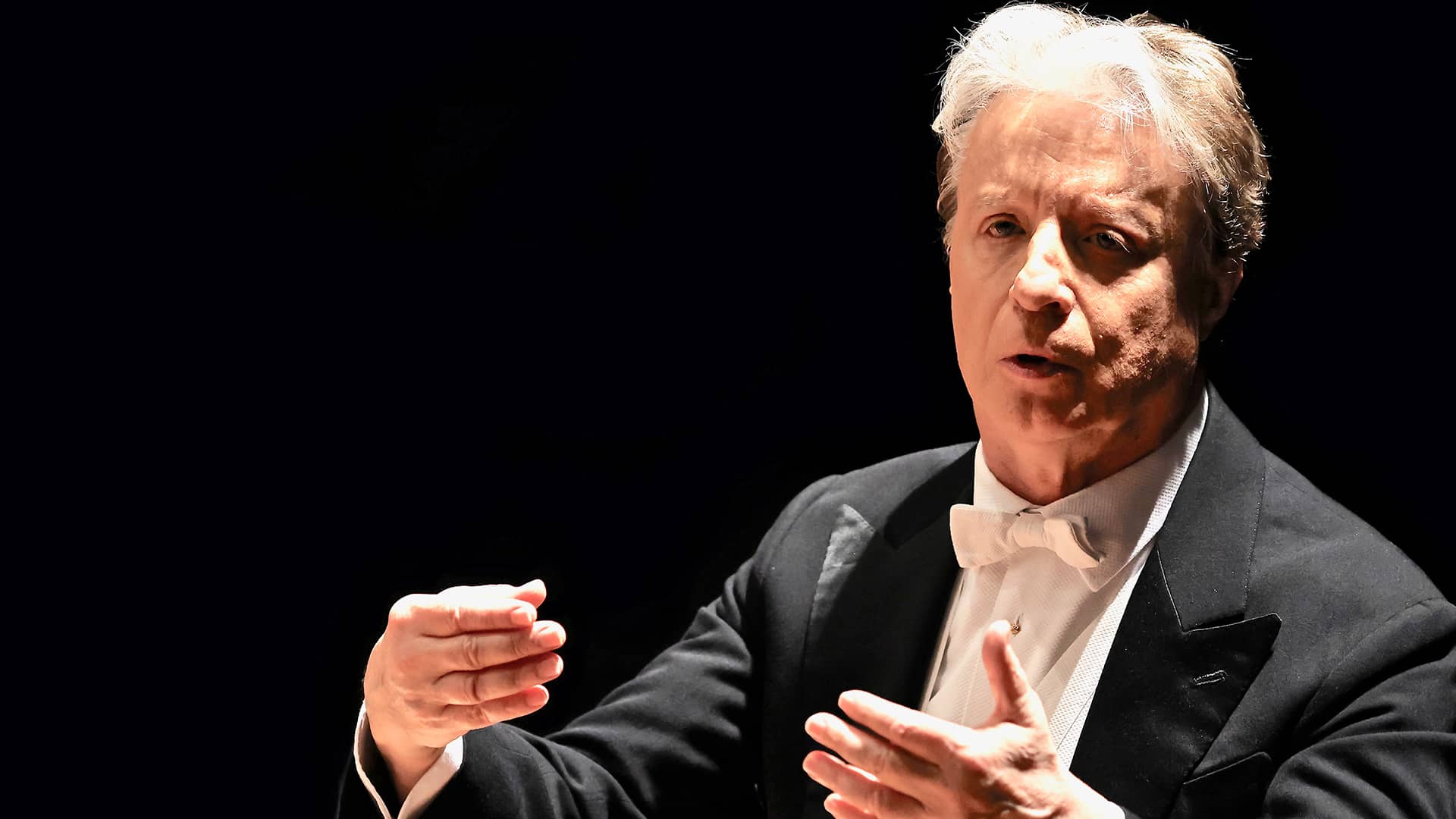Canada loses rest of its opera season
mainCanadian Opera Company bows to the inevitable:
An Important Update on the Canadian Opera Company’s 2020/2021 Season
By Alexander Neef
With the changing temperatures in the air and the fall months upon us, it’s hard to imagine that an entire summer has gone by — and, with it, continued developments around COVID-19 guidelines, including allowances for performing arts organizations in Toronto.
Earlier this summer, our team made a promise to ourselves – and to you –to explore every possible option for going ahead with the remainder of our planned 2020/2021 season. Given the ongoing uncertainties around large-scale gatherings, however, it has become clear that cancelling all our originally planned winter and spring programming is the right decision for our staff, artists, and audience members.
Affected programming includes:
– Bizet’s Carmen, Janáček’s Katya Kabanova, Verdi’s La Traviata, and Gluck’s Orfeo ed Euridice
– The world premiere of our recently commissioned Opera for Young Audiences production, Fantasma
– All special events, including our annual Operanation and Fine Wine Auction fundraisers







Comments